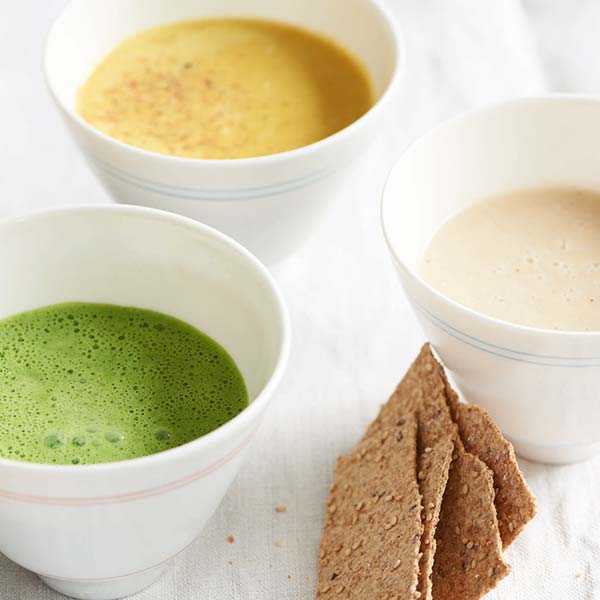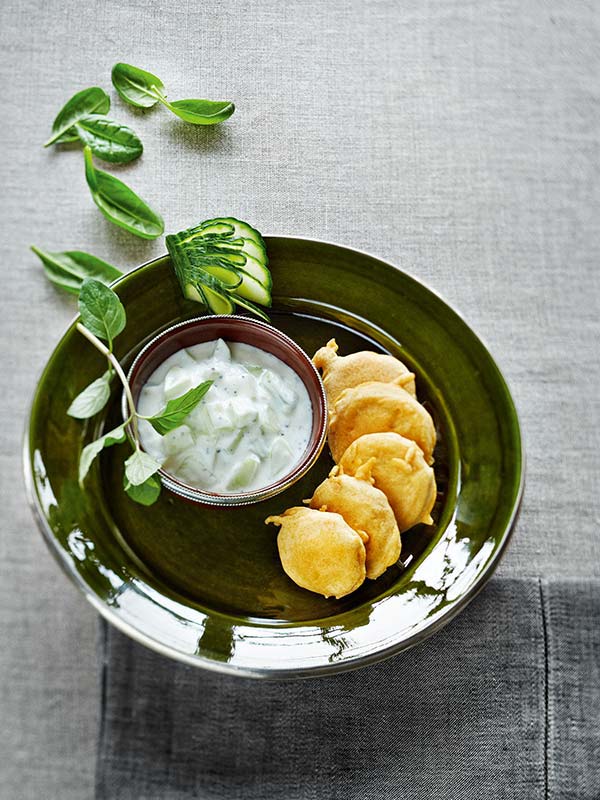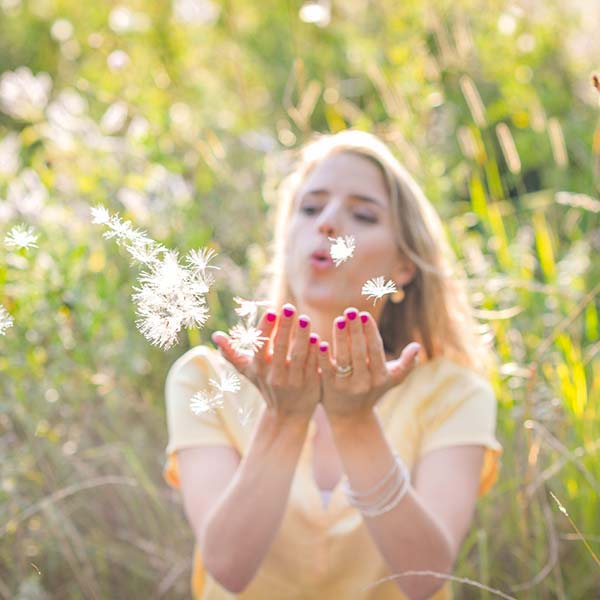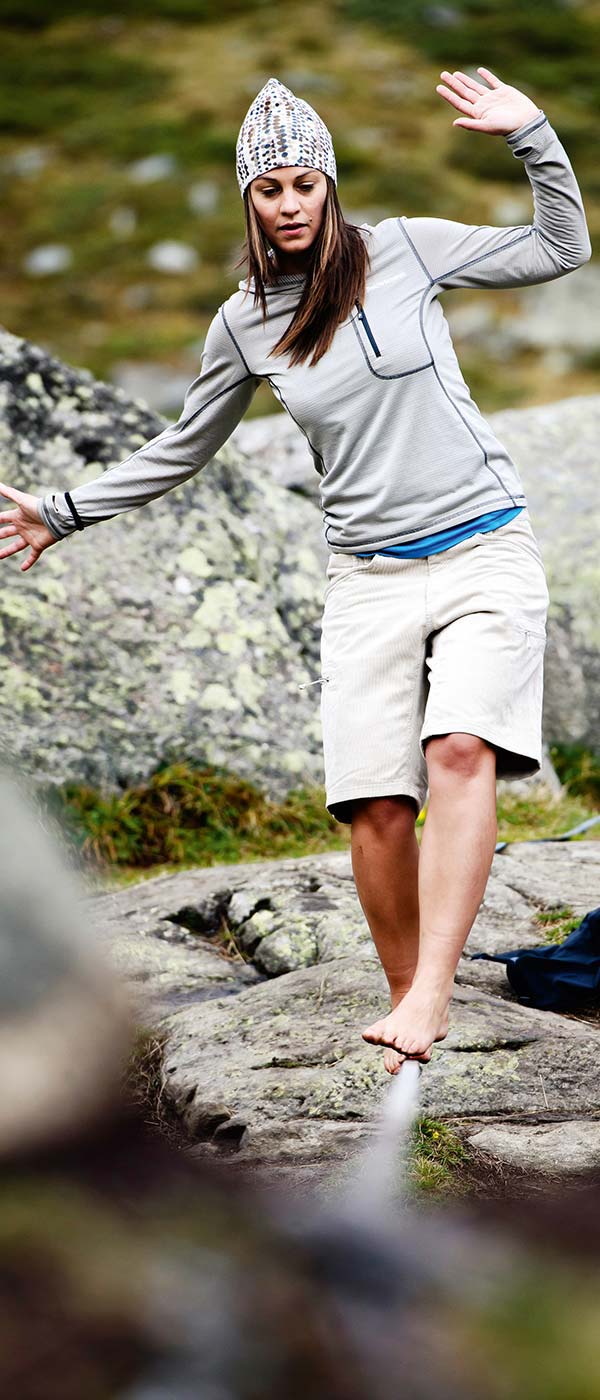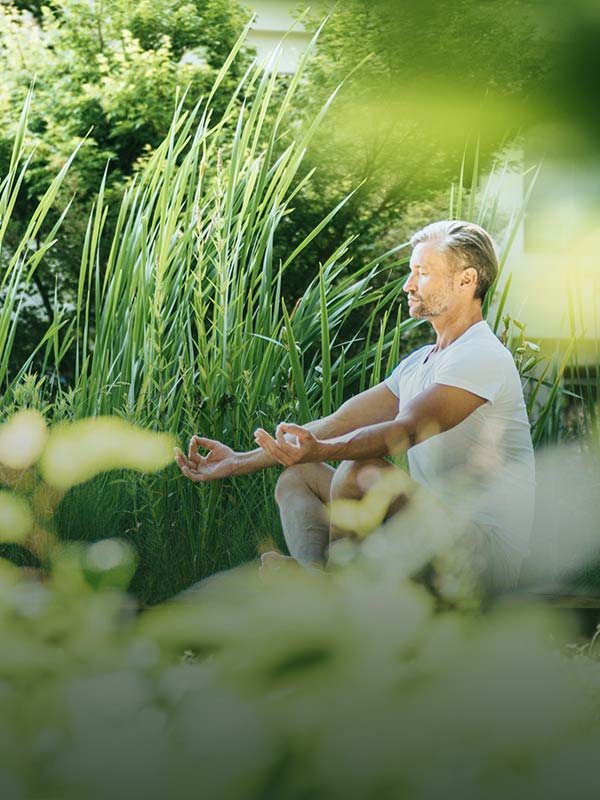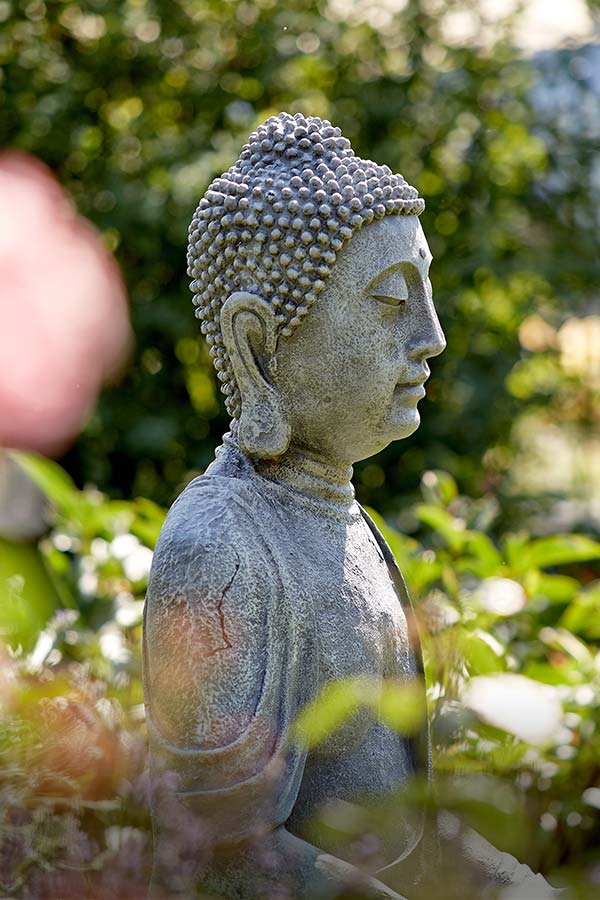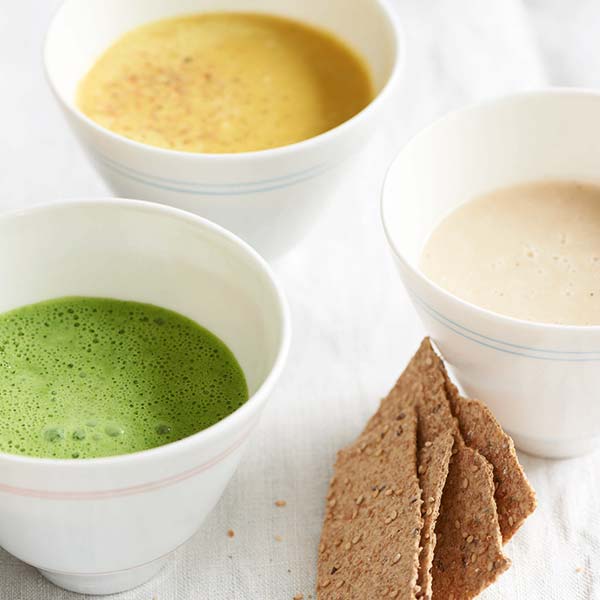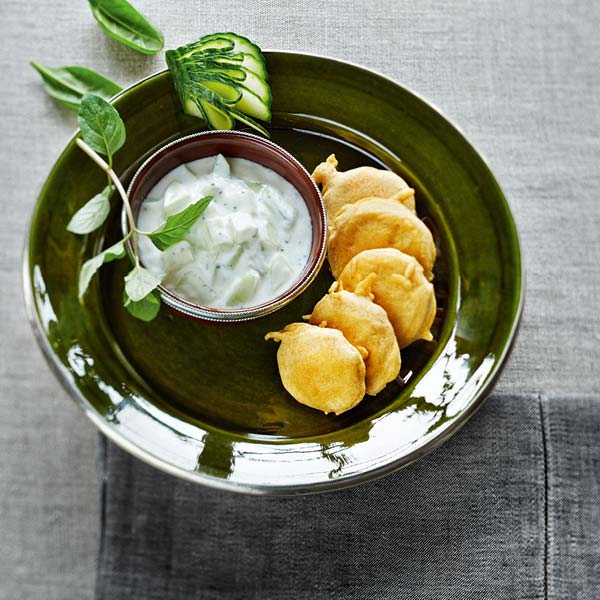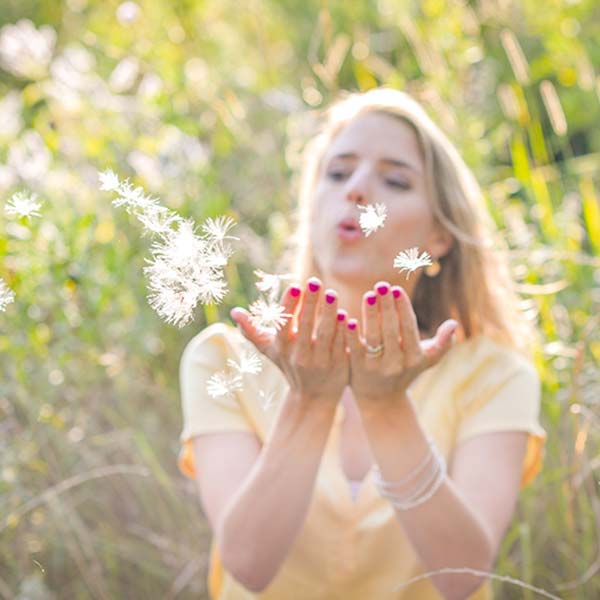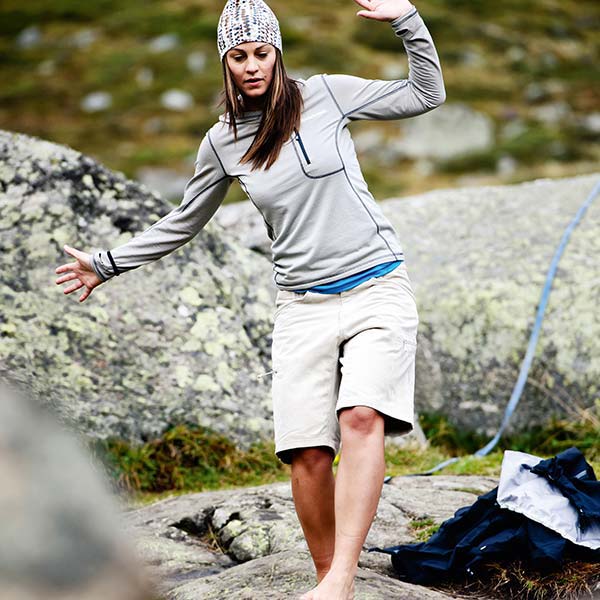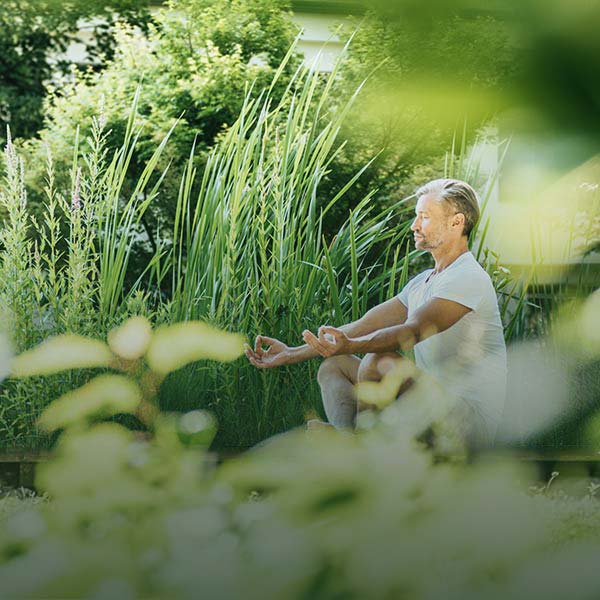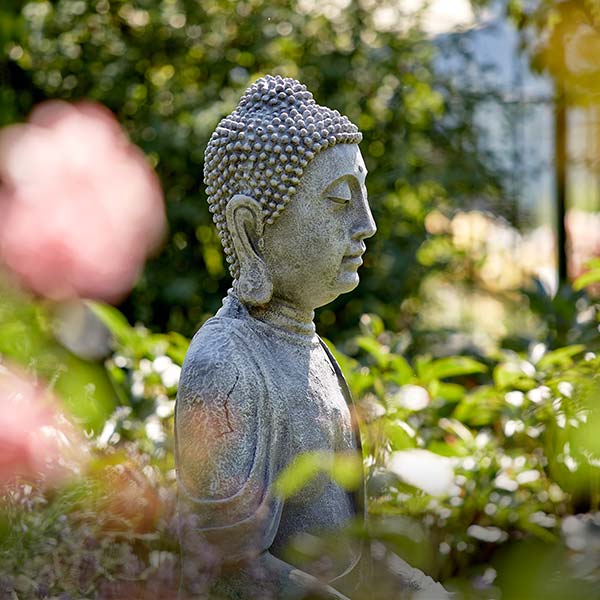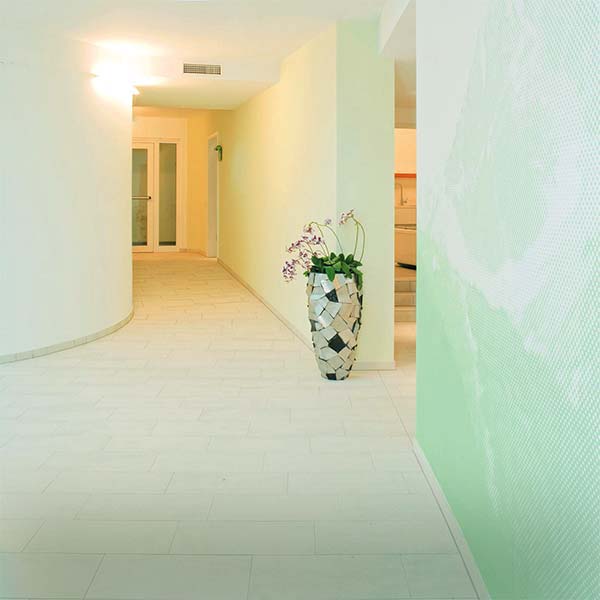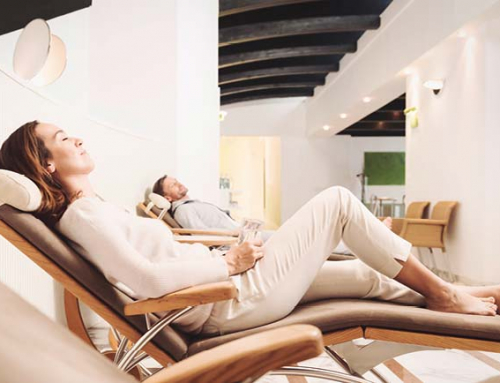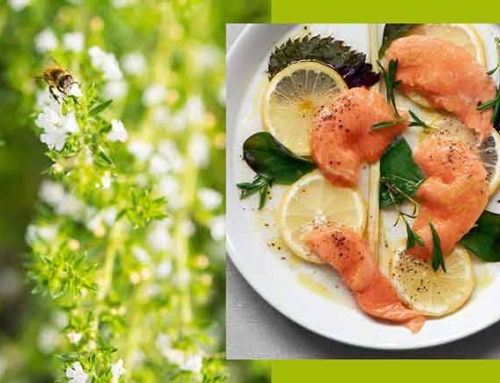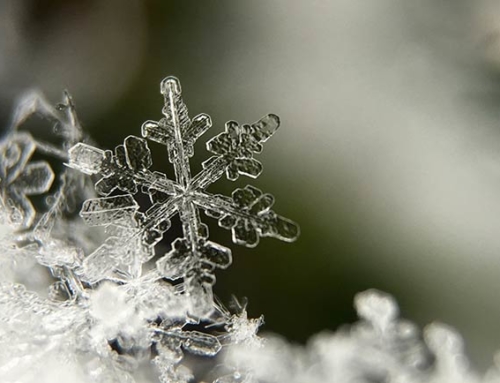Winter depression: the causes and how to combat it
Park Igls psychologists talk mental health in winter
As the days get shorter, darker, wetter and greyer, the barometer falls and the sun begins its hibernation, even the happiest of souls can withdraw into couch potato mode. Winter is the season when energy hits an all-time low, we overeat, oversleep and overspend, and profound sadness can creep in… if we let it. The experts at Park Igls Mayr clinic believe that there are ways we can control our state of mind and choose to help ourselves. Psychologists Dr Melanie Robertson and Thomas Blasbichler (MA) give us their insight into the causes of seasonal affective disorder and how to combat it.
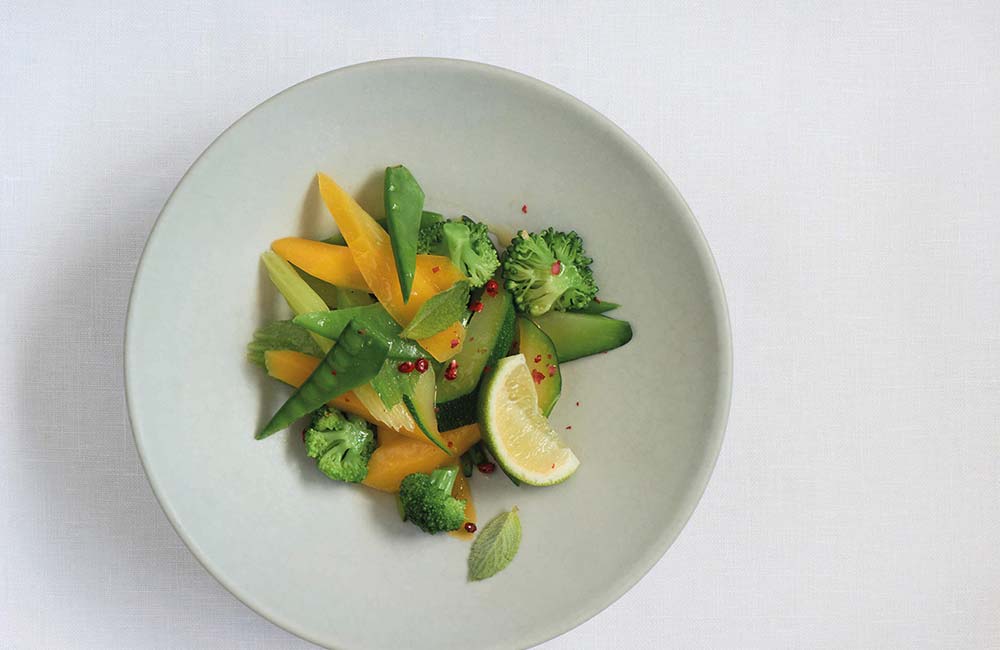

SAD
As explained by Dr Melanie Robertson, clinical, health and neuropsychologist, as well as an emergency and sports psychologist at Park Igls Mayr clinic: ‘Autumn and winter depression are also known by the medical term, seasonal affective disorder, or SAD. Although seasonal affective disorder can also occur in summer, symptoms usually begin in the autumn or winter months and, in most cases, end in spring. If symptoms come and go in a seasonal pattern over a period of at least two years, it is likely to be winter depression.’ In Europe, approximately 2-8% of adults suffer from SAD, especially in more northerly countries that have darker, colder, longer winters.
Unhappy hormones
‘Insufficient exposure to sunlight causes the brain to produce higher levels of melatonin, the sleep hormone that also dampens mood and reduces energy. When melatonin levels rise, the body automatically secretes less serotonin, the happy hormone. It’s a vicious hormonal circle,’ says Thomas Blasbichler, clinical, health and sports psychologist at Park Igls. He believes that hormones have enormous significance for our physical and mental health. But the good news is that we have the power to steer things in the right direction.
Act fast
It is important to stay on top of our emotional health, but antidepressants aren’t necessarily the answer. ‘The objective at Park Igls is to help people help themselves. We provide psychological support and identify learning pathways for new patterns of thought and behaviour. We also encourage our patients to get outside and exercise every day. Sunlight stimulates the body to produce cortisol, a natural hormone that helps to make us alert,’ the psychologists advise. Even on a dull winter’s day, regular outdoor exercise significantly increases wellbeing.
Modern Mayr cuisine
Modern Mayr cuisine provides mood-lifting meals for winter, using light, warming and nutritious ingredients. The Mayr experts agree that we can largely control our mental state with health-conscious nutrition. The gut is closely connected to the immune system, and it has long been proven that intestinal problems can have an effect on the psyche. In this respect, a Modern Mayr Medicine treatment can stabilise the emotions as well as providing an intestinal cleanse.

Self-help tips for winter depression
- Exercise acts as an antidepressant: it boosts serotonin and adrenaline levels to reduce stress and lift the mood.
- Sunlight stimulates the production of cortisol, which makes us alert, so find an activity that you can do in the fresh air!
- Eat happy: our second brain is in our stomach: our ‘root system’. In winter, nourish it with light, warming foods that boost metabolism and taste good.
- Make time for things that make you happy: a massage, a good book, a hot bubble bath… relax!
- Stress fuels depression, so learn how to avoid it with stress management coaching.
Photo credits: Park Igls, iStock
If this story has got you interested in starting your journey with Niche Destinations, please enquire here.
A WORLD OF STORIES
If this story has got you interested in starting your journey with Niche Destinations, please enquire here.

